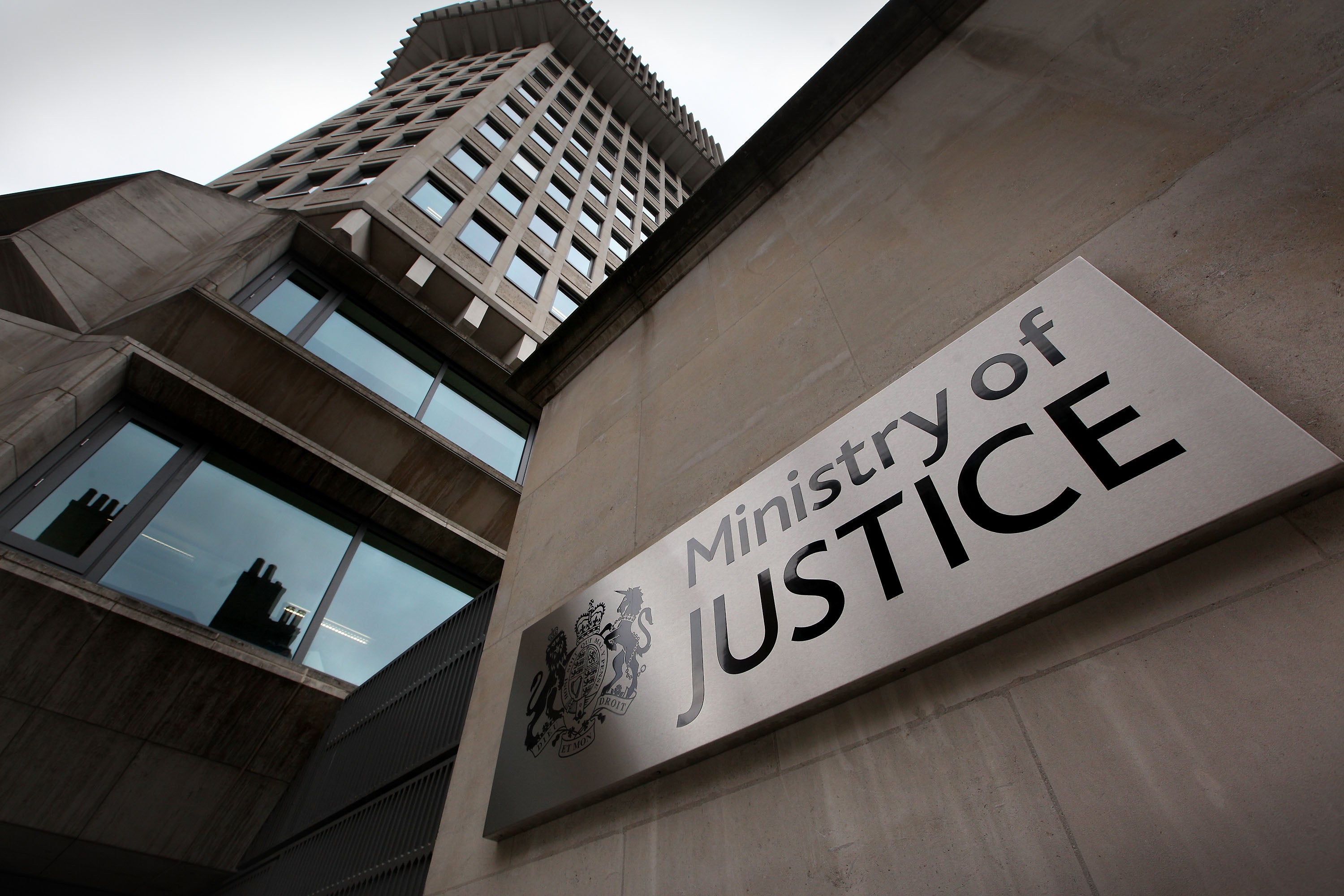
Black and Asian women in prison are experiencing racial discrimination at the hands of staff members, a damning new report has found.
Hundreds of black, Asian, minorised women in prison as well as those born overseas were surveyed as part of the study along with equality staff working in prisons, and Independent Monitoring Boards (IMB) chairs and members.
In the study, run by the Criminal Justice Alliance (CJA) and the IMB, one-third of women said their treatment by prison staff was poor or very poor, with over 40 per cent of women saying they had experienced discrimination - which they said included getting less access to employment within the prison.
It found black women recorded particularly negative experiences and many of those involved had little confidence in the system for reporting discrimination, in procedural fairness, or in staff understanding of cultural needs.
A number of respondents described shocking treatment: examples included a black woman being told by a prison officer that they “must be in for drug dealing” and a Muslim person being attacked while reading the Qu’ran.
Other examples included minoritised individuals frequently being called racial slurs such as the N-word and P-word by other women in prison, only to be told by staff at the helm to “deal with it”.
Nina Champion, Director of the Criminal Justice Alliance said: “This ground-breaking project centres on the lived experiences of black, Asian and minority ethnic women in prison – their accounts of direct and indirect racism and poor treatment are shocking and distressing. Even more upsetting is their sense of fatalism - they see this treatment as part of their everyday lives.
“The women lack trust and confidence in the complaints system, do not trust that they will be treated fairly and are often unaware of how prison monitors can help. There is an urgent need to address these issues nationally and locally and I hope to see our recommendations being implemented with haste.”
A review into race in the criminal justice system in 2017, run by shadow justice secretary David Lammy, did not specifically focus on the experiences of women, so campaigners believe this has become an overlooked area.
One mixed-race woman in the study wrote: “I washed my hair and blow dryed it and had it out natural a officer said to me ‘ow you look like you have been electricuted’. Another one said ‘I don’t like your hair like that, it needs straightening’.”
Another woman of colour told researchers: “We was talking in a yardie accent and was told ‘speak properly, you sound ridiculous’ and ‘you sound like right gangsters dont you, why don’t you educate yourself’.
“I grew up in foster care and I lived in Caribbean and African families so its like second nature to me”.
“I feel as a black woman I have to work to prove myself 10 times more than a white person. I’m always been told I’m loud and intimidating when I’m not, yes I am loud but I ain’t what they think I am,” another respondent, who identifies as Black British, said.

A Muslim woman in prison, who is of Black African heritage, said: “I feel as if black prisoners or those that are Muslim are seen as intimidating. Officers seem very reluctant to give BAME prisoners trustworthy roles and if they are given those roles it is done to appear like they are not racist.”
Further testimonies from incarcerated women demonstrate the need for recruitment processes to better identify - and root out - racist attitudes and bias among staff and inmates alike.
“A staff member questioning me over how I’m mixed race just because of pale colour. Staff say I smell; prisoners say I’m white,” a mixed-race woman, of multiple ethnic backgrounds including Romany Gypsy, white and Black Caribbean, said.
“Us BAME prisoners feel as if there is no one here to represent us. I.e. make the officers understand that not all of us are aggressive just because we speak different, or that were not gang members,” one black respondent of African descent wrote.
Concerns were also raised around inadequate approaches to basic cultural needs within prisons, from foods to haircare products and language barriers.
The report makes a dozen recommendations for the Prison Service and the Ministry of Justice, including suggestions to provide or improve leadership on equality, ramp up staff training on anti-racism and introduce specialist external scrutiny of discrimination claims by people in prison.
Other recommendations highlight the importance of collecting and interrogating data and ensuring there are dedicated resources to promote equality.
In relation to IMB, the project recommends additional training and support for board members on equality issues as well as improving its diversity.
Dame Anne Owers, chair of the IMB, welcomed the reports, saying: “These reports show that addressing racial and ethnic disadvantage needs to be a priority and I hope these recommendations will stimulate action at every level.
“IMBs can play a key role in monitoring and reporting on outcomes for women from diverse backgrounds and we are keen to learn from this research.”
A Ministry of Justice spokesperson said: "We are working hard across government to tackle the deep-rooted causes of racial disparity in the justice system.
“Racism and discrimination are not tolerated in our jails and we take strong action to ensure the fair, equal and decent treatment of all prisoners and staff."







